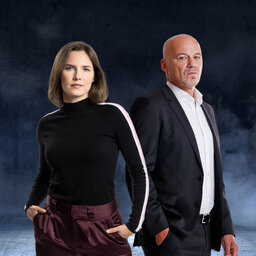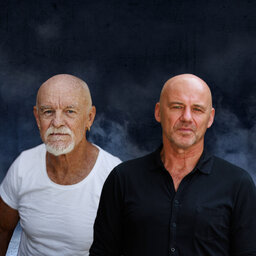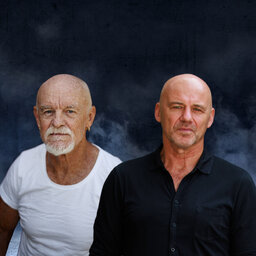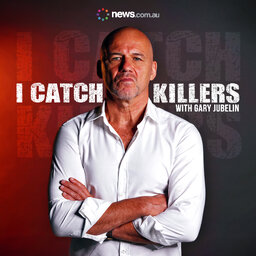Justice Shouldn’t Hurt: Nina Funnell Pt.1
Sexual assault is about authority and control. Now, award winning journalist Nina Funnell is helping survivors regain their power. After surviving her own horrifying attack, Nina has worked with dozens of victims to blow the whistle on some of the worst offenders in the country. From vile initiation rituals and misogynistic slogans to learning what sexual assault looks like, the campaigner is lifting the lid on rape culture.
TRIGGER WARNING: This episode of I Catch Killers discusses suicidal ideation. If this raises any issues or concerns, you can reach out to Lifeline on 13 11 14, or text 0477 13 11 14.
Find out more about the Justice Shouldn’t Hurt Take The Stand campaign here.
Discover the Red Zone Report here.
Learn more about the Justice Shouldn't Hurt: Take The Stand fundraiser here and the petition here.
In 1 playlist(s)
I Catch Killers with Gary Jubelin
After 25 years working in homicide, former Detective Chief Inspector Gary Jubelin is sitting down ac…Social links
Follow podcast
Recent clips

More than the girl accused of murder: Amanda Knox Pt 1.
46:48

Defusing bombs, cheating death: John Taylor Pt.2
1:00:23

32 years at the sharp end: John Taylor Pt.1
59:06
 I Catch Killers with Gary Jubelin
I Catch Killers with Gary Jubelin